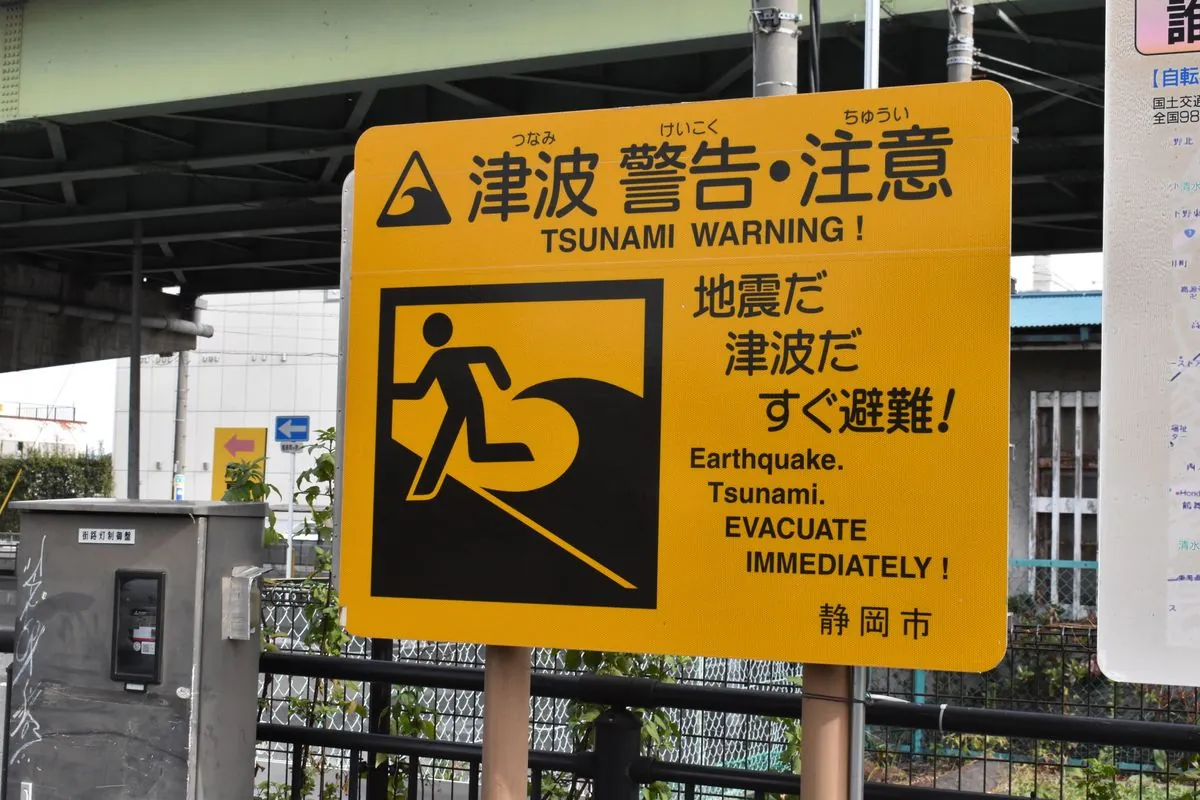In an unprecedented move, Japan has issued its first-ever "megaquake advisory" following a 7.1 magnitude earthquake that struck off the southeastern coast of Kyushu on August 8, 2024. This advisory has sparked widespread concern and confusion among the population, despite the country's familiarity with seismic activity.
The Japan Meteorological Agency (JMA) issued the advisory after determining that the recent quake increased the likelihood of a major seismic event in the Nankai Trough region. Experts estimate a 70-80% chance of a magnitude 8 or 9 earthquake occurring within the next 30 years, with the current probability being "higher than normal."
The Nankai Trough, an undersea trench spanning approximately 800 kilometers along Japan's Pacific coast, is a subduction zone where the Philippine Sea Plate subducts beneath the Eurasian Plate. This geological feature is part of the Pacific Ring of Fire, which accounts for about 90% of the world's earthquakes.
Naoshi Hirata, a seismologist from the University of Tokyo and head of the JMA's expert panel, emphasized that the advisory is not a specific prediction but a call for increased vigilance and preparedness.
A 2013 government report outlined the potential devastation of a 9.1 magnitude Nankai Trough earthquake, projecting up to 323,000 fatalities, destruction of over 2 million buildings, and economic losses exceeding 220 trillion yen ($1.5 trillion).
In response to the advisory, Prime Minister Fumio Kishida canceled his planned Central Asian trip to lead the government's preparedness efforts. The Fire and Disaster Management Agency has instructed 707 at-risk municipalities to review their emergency response measures.
The public's reaction has been mixed, with many rushing to stock up on emergency supplies, leaving supermarket shelves bare in some areas. Some coastal towns have closed beaches and canceled events, impacting the ongoing Obon holiday week.
"We are trying not to go overboard. Too much worry is not good."
While experts urge calm and continuation of daily activities, they also stress the importance of disaster preparedness. Japan's advanced earthquake early warning system and strict building codes for earthquake resistance are testament to the country's ongoing efforts to mitigate seismic risks.
As Japan navigates this period of heightened awareness, it's worth noting that the country experiences about 1,500 felt earthquakes annually. The JMA's network of over 4,000 seismometers continues to monitor seismic activity closely, providing valuable data for ongoing research and preparedness efforts.
